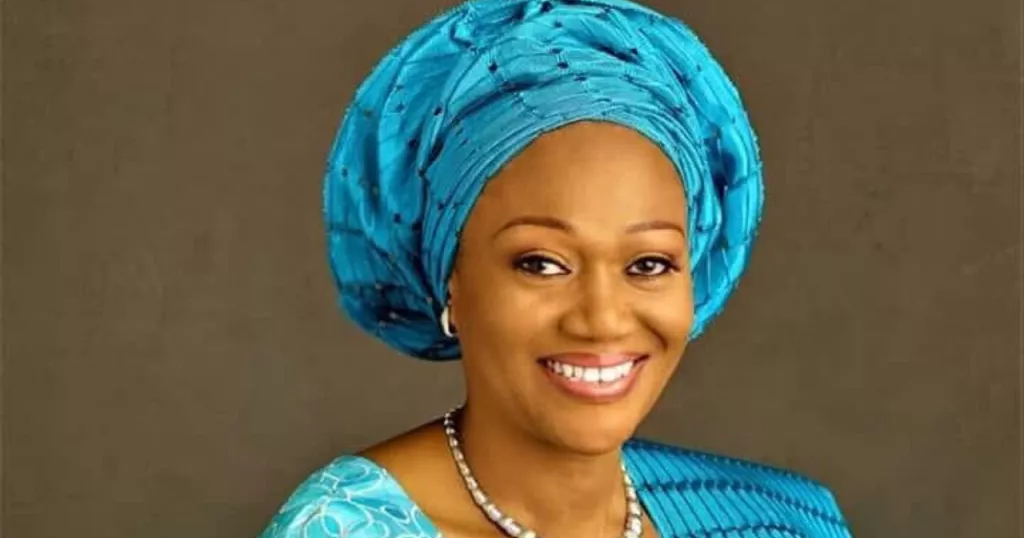In Nigeria, Boko Haram and other non-state armed groups as well as clashes between herders and farmers have pushed more than three million Nigerians out of their homes, especially in parts of North-east Nigeria and North-central parts.
Thus, in a rare show of love and empathy, the First Lady Senator Oluremi Tinubu disbursed N500 million and some relief and resettlement packages to families displaced by communal clashes and conflicts in six local government areas of Plateau state.
A total of 500 families drawn from Mangu, Riyom, Barkin Lado, Bassa, Bokos and Jos South local government areas got N1 million each to enable them return to their communities and rebuild their homes.
READ ALSO: Fixing Nigeria’s 28 million housing deficit, a mirage
Speaking at the event, the First Lady urged the communities to live in peace and harmony to guarantee sustainable growth and progress.
She said it is by living in peace and love that the great potentials of the nation would be actualised.
“I urge all Nigerians to embrace dialogue, tolerance and understanding,” she said, “as we work together to build a more harmonious society. Let us remember that our diversity is our strength and, together, we can overcome the challenges that threaten our unity.”

Of course, the importance of peace to a country can never be over-emphasised as it touches all sectors ranging from businesses and farming, and government cannot provide social amenities if projected areas are not in peace. Peace paves way for speedy development and mutual living. In fact, it is true that citizens enjoy more when they are in peace than during wars.
However, as Nigeria lurches from one violent conflict to another, the country’s leaders and its international supporters become easily fixated on the manifestations of insecurity in the country and their aftermaths.
The larger problem, however, is that none of this will ever change unless the focus turns more firmly and consistently to the thread that runs through all of the upheavals and that thread is the failures of governance.
Nigeria’s shortcomings in making government accountable to its citizens form an urgent issue not only for the country, but for the Africa.
Nigeria’s population is projected to be around 300 million by 2050 and, therefore, it will be impossible for this and future governments in the country to advance Nigeria’s strategic objectives of stability and prosperity in sub-Saharan Africa without a peaceful, democratic and economically thriving Nigeria.
Throughout the current democratic experiment in Nigeria, the country has experienced widespread violence, and the repeated inadequate responses by governments have disillusioned the citizens.
READ ALSO: President Tinubu plans to create new cities in Nigeria – Arc. Dangiwa
Therefore, Nigerian leaders need to reinvigorate and sustain a focus on getting governance right. That means ensuring better mechanisms of accountability for top officials and reducing corruption and other abuses that fuel violence.
The Tinubu-led administration should, essentially, take the initiative to tackle the structural problems at the root of Nigeria’s violence. Failure will only increase internal instability that will radiate across Nigeria’s states and threaten general security.
Already, more than three million Nigerians, a population as large as the nation of Gambia, are internally displaced by the activities of violent non-state actors.
In the end, it is ultimately up to Nigerians to address these issues of accountability and governance as many Nigerians want to see.
Of course, it is heartwarming to hear the First Lady say to the families displaced by violence thus: “I want you to know that you are not alone in this journey to recovery. We, stand with you and extend our hands in solidarity, offering not only financial support but also our prayers as you return to your homes and communities in safety and peace.”
READ ALSO: Oyo State Government to Demolish Illegal Structures on Government-Owned Land in Akanran
Source: Blueprintng




